The human rights organization Transparency International, which is attended by representatives of 100 countries of the world, has made the fight against corruption its mission. In December 2015, the organization launched a poll on its website to determine the largest corrupt officials in the world... As a result, 9 nominees (people, business companies and government agencies) entered the top, for which more than 170 thousand people voted in total. True, it is not yet clear how this initiative will end - the organization vaguely hints at some kind of "social sanctions".
9. USA, Delaware - 107 votes
 State legislation creates the most favorable conditions for business, which has made it extremely popular with large corporations. According to Transparency International, the governor and state officials, by pandering to big businessmen, have turned the state into a criminal zone. As a result, ordinary citizens suffer the most.
State legislation creates the most favorable conditions for business, which has made it extremely popular with large corporations. According to Transparency International, the governor and state officials, by pandering to big businessmen, have turned the state into a criminal zone. As a result, ordinary citizens suffer the most.
8.Zine el-Abidine Ben Ali - 152 votes
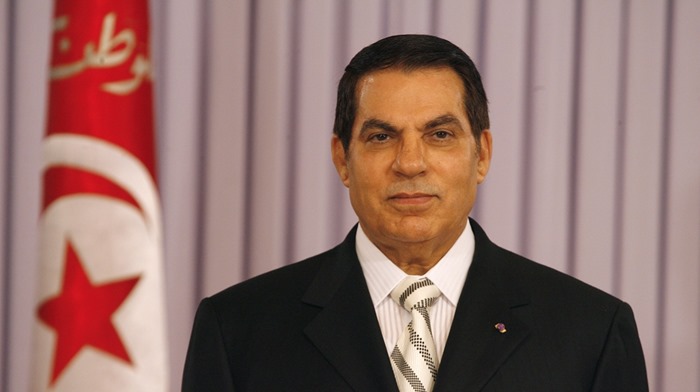 The former president of Tunisia allegedly stole $ 2.6 billion from the country's population and was sentenced to life in prison. However, there is a possibility that his henchmen may escape a fair trial. The president himself received political asylum in Saudi Arabia.
The former president of Tunisia allegedly stole $ 2.6 billion from the country's population and was sentenced to life in prison. However, there is a possibility that his henchmen may escape a fair trial. The president himself received political asylum in Saudi Arabia.
7. Akhmat Kadyrov Foundation - 194 votes
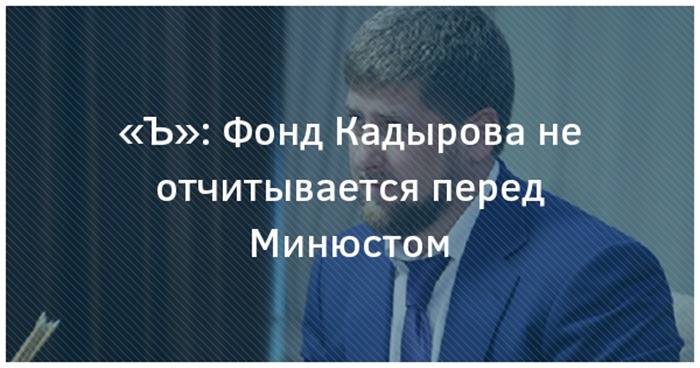 This charitable foundation, created by members of the Kadyrov teip, receives $ 60 million a month - these are "voluntary donations" from Chechen businessmen and not so voluntary deductions from salaries. At the same time, there is no publicly available information on the fund's income and expenses. And Ramzan himself loves to distribute generous gifts and monetary rewards to Hollywood stars.
This charitable foundation, created by members of the Kadyrov teip, receives $ 60 million a month - these are "voluntary donations" from Chechen businessmen and not so voluntary deductions from salaries. At the same time, there is no publicly available information on the fund's income and expenses. And Ramzan himself loves to distribute generous gifts and monetary rewards to Hollywood stars.
6. Lebanese political system - 606 votes
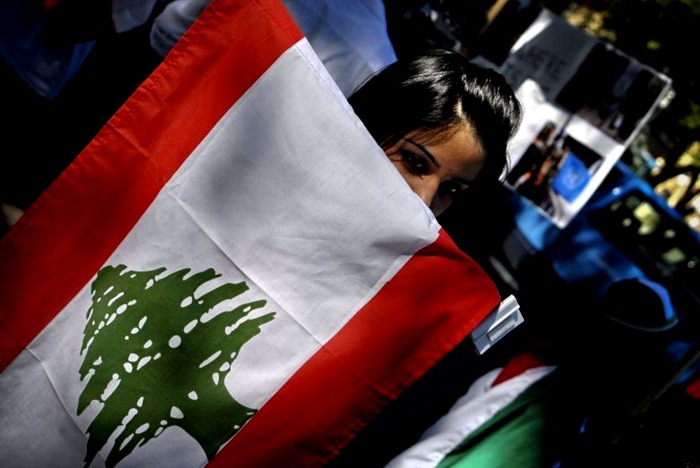 Lebanon, according to Transparency International, is plagued by systemic corruption of the government, officials and other institutions of power. Private firms regularly bribe officials to "help" them get contracts. As a result of the failure to provide services, the lives and health of citizens are at risk (as in the case of the "garbage scandal" in 2015).
Lebanon, according to Transparency International, is plagued by systemic corruption of the government, officials and other institutions of power. Private firms regularly bribe officials to "help" them get contracts. As a result of the failure to provide services, the lives and health of citizens are at risk (as in the case of the "garbage scandal" in 2015).
5.FIFA - 1844 votes
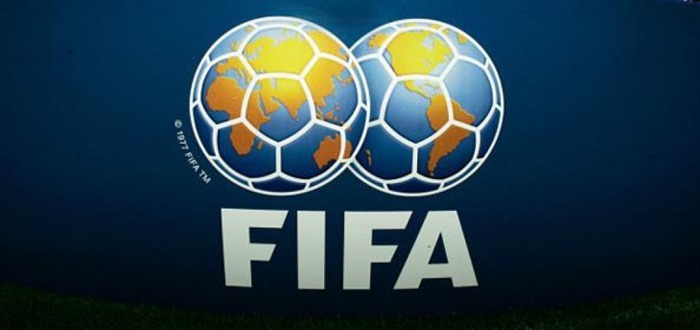 This does not mean the entire organization, but only its management team. The top of FIFA is accused of embezzling millions as a result of last year's scandal. 81 cases of money laundering are pending. As a result of the investigation, the decision to hold the World Championships in Russia and Qatar may be revised.
This does not mean the entire organization, but only its management team. The top of FIFA is accused of embezzling millions as a result of last year's scandal. 81 cases of money laundering are pending. As a result of the investigation, the decision to hold the World Championships in Russia and Qatar may be revised.
4. Felix Bautista - 9786 votes
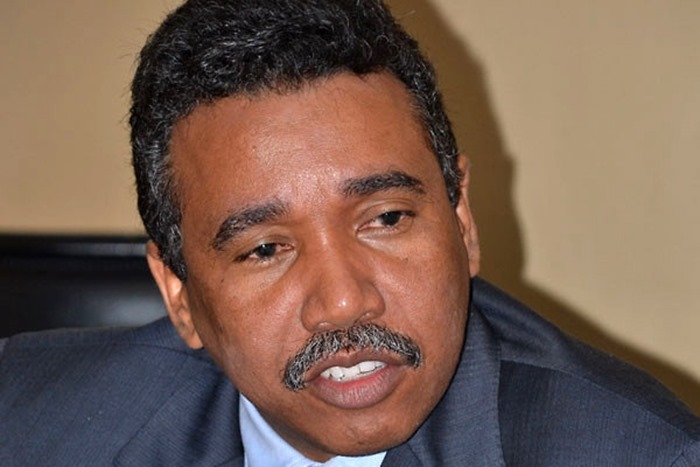 This senator of the Dominican Republic stole millions from the state budget, gave bribes and was generally not distinguished by exemplary behavior. But all attempts to bring him to justice have failed - they are blamed on persecution for political reasons.
This senator of the Dominican Republic stole millions from the state budget, gave bribes and was generally not distinguished by exemplary behavior. But all attempts to bring him to justice have failed - they are blamed on persecution for political reasons.
3. Ricardo Martinelli with friends - 10166 votes
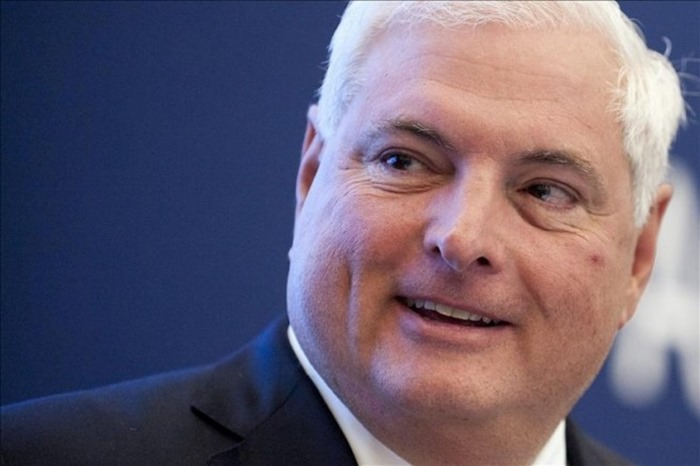 The former President of the Republic of Panama and his associates have stolen (according to unverified reports) more than 100 million US dollars from their country. At the moment, the Supreme Court of Panama is investigating, although Ricardo himself has settled in his luxurious home in Miami and is in no hurry to return.
The former President of the Republic of Panama and his associates have stolen (according to unverified reports) more than 100 million US dollars from their country. At the moment, the Supreme Court of Panama is investigating, although Ricardo himself has settled in his luxurious home in Miami and is in no hurry to return.
2. Petrobras - 11900 votes
 The Brazilian oil company Petrobras entered into contracts at deliberately inflated prices, and then bribed government officials with these percentages - it is estimated that the total amount of bribes and false contracts amounted to about $ 10 billion. The corruption scandal also affected the largest construction companies in Brazil, which artificially inflated contract prices, and served as one of the reasons for the impeachment of President Dilma Rousseff (she attributes this to political persecution).
The Brazilian oil company Petrobras entered into contracts at deliberately inflated prices, and then bribed government officials with these percentages - it is estimated that the total amount of bribes and false contracts amounted to about $ 10 billion. The corruption scandal also affected the largest construction companies in Brazil, which artificially inflated contract prices, and served as one of the reasons for the impeachment of President Dilma Rousseff (she attributes this to political persecution).
1. Viktor Yanukovych - 13210 votes
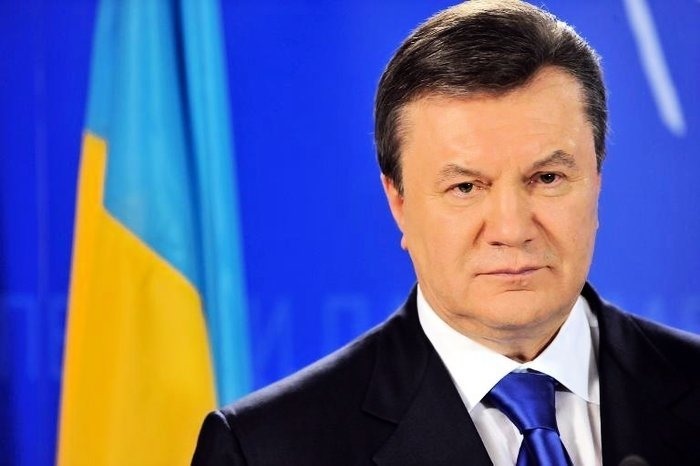 And the first (but not honorable) place in the anti-rating of the world's corrupt officials is taken by none other than Viktor Yanukovych, the former president of Ukraine. According to Transparency International, he embezzled state property, withdrew state funds into private company accounts, lived surrounded by blatant luxury, and fled to Russia, wanting to avoid prosecution for corruption. All this, excluding the last point, looks very familiar to residents of post-Soviet countries.
And the first (but not honorable) place in the anti-rating of the world's corrupt officials is taken by none other than Viktor Yanukovych, the former president of Ukraine. According to Transparency International, he embezzled state property, withdrew state funds into private company accounts, lived surrounded by blatant luxury, and fled to Russia, wanting to avoid prosecution for corruption. All this, excluding the last point, looks very familiar to residents of post-Soviet countries.

